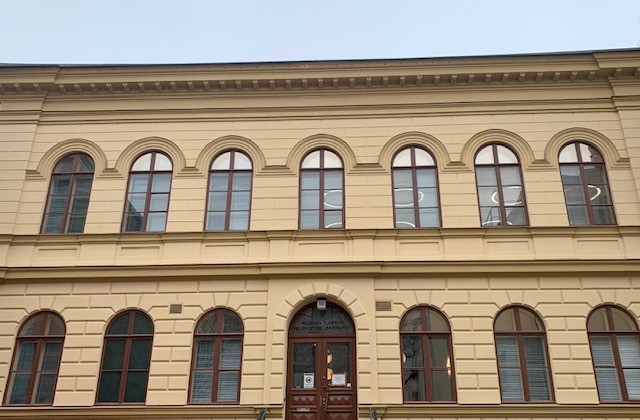Legal needs survey
Public legal aid is an important aspect of access to justice. Well-functioning public legal aid enhances access to justice. Access to legal aid is affected by, for example, the income threshold of legal aid, geographical availability of legal aid, the proper resourcing of the services, as well as the willingness of private lawyers to take over legal aid cases. It is also important that information on legal aid reaches potential customers at the right time. High-quality legal aid, on the other hand, requires diverse expertise of legal assistants, the timeliness of assistance, the genuine encounter of the client and the ability to understand their needs. The availability and quality of legal aid was last studied in 2019 in the project “Enhancing the Quality and Equality of Legal Aid” funded by the Government’s analysis, assessment and research activities. A special focus of that research was the access to legal aid of asylum seekers.
More information: https://blogs.helsinki.fi/oatvhanke/enhancing-the-quality-and-equality-of-legal-aid/
Research report (in Finnish): https://julkaisut.valtioneuvosto.fi/handle/10024/161859
Civil disputes and litigation costs, especially as financial barriers and the risk of litigation costs are one of the main reasons why individuals do not take their legal problems to court.
Victim- offender mediation is a restorative practice facilitated by a third party that allows people involved in and affected by crime to discuss and amend the harm it has caused. Essential to victim- offender mediation is the theory of restorative justice, which proposes that both victims, offenders and communities affected by crime should have the opportunity to be actively involved in the criminal procedures. Victim- offender mediation and restorative justice overlaps with many fields within social and legal studies, including victimology, criminology, access to justice, procedural justice, and alternative conflict resolution. The Nordic field of restorative justice is heavily influenced by Norwegian criminologist Nils Christie.
Victim- Offender Mediation has been a recurring topic of research at the institute. Topics that are continuously revisited generally regard the placement and realization of restorative justice and victim-offender mediation in practice; What are the experiences of participants of victim offender mediation? What is the impact of legislative changes to its implementation? What is its relation to the criminal justice system? The research on victim- offender mediation has a history of mixed-method frameworks, providing both statistical overviews of cases sent to mediation, surveys and interviews on actors involved with victim- offender mediation, as well as qualitative observation on mediation sessions. Some studies also include quantitative assessments of victim- offender mediations impact on crime rates.
